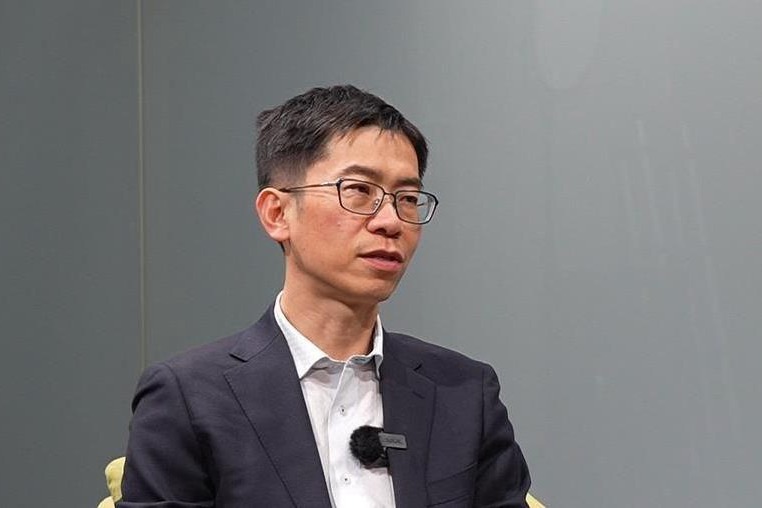Authorities declare war on cybercriminals


National crackdown
Lou Xiandi, an official with the criminal investigation bureau, said a strict crackdown has had obvious results with regard to controlling telecom fraud, but the situation may rebound if there is any relaxation of the work because the current situation is still difficult and complex.
Experts said that combating and controlling such crime is a complicated social governance problem, which requires the cooperation of various departments, while the government's design of telecom network fraud governance is also improving.
In April, Xi gave instructions for the crackdown on telecom fraud. He ordered authorities to put people first, coordinate development and security, strengthen awareness of the rule of law and focus on governance at the source.
He also ordered full implementation of all preventive measures, strengthening of the legal system and the advancement of international law enforcement cooperation to curb the frequent occurrences of such crimes.
In April, the general offices of the CPC Central Committee and the State Council, China's Cabinet, issued a guideline on strengthening the crackdown on telecom and online fraud. It ordered authorities to continue cracking down on such crimes, to establish a rigorous fraud prevention system, and to improve the supervision and management of related industries such as finance, telecommunications and the internet in general.
In June, the Office of The State Council Inter-Ministerial Joint Conference on Combating New Types of Telecom and Online Crime launched a yearlong nationwide operation to arrest ringleaders and major members of telecom fraud groups, and put 470 people on a "wanted" list. By the middle of this month, 240 of those people had been detained.
In September, the Standing Committee of the National People's Congress approved a law to combat telecom and online fraud. It took effect on Dec 1, providing legal support for fighting such crimes.
The scale of illegal internet-based industries is huge, with criminals illegally obtaining and selling personal details, promoting fraudulent information, spreading criminal methods and tools, trading mobile phone cards, bank cards and network accounts, developing fraudulent websites and platforms, and providing money laundering and cash-out services. All this has prompted the rapid growth of telecom fraud, Lou said.
"To further promote the work of combating telecom fraud, a series of supporting provisions should be formulated and implemented for the law against telecom and online fraud. Targeted training should be conducted to help raise awareness of the law and mobilize all sectors of society to actively participate in the work and improve public awareness of fraud prevention," he said.
Guo Hua, a law professor at the Central University of Finance and Economics in Beijing, said that telecom network fraud is a new form of "contactless" crime as it exists in virtual spaces, making fraud more concealed and convenient.
"In addition to the government's strict crackdown, work to prevent telecom and online fraud also needs to focus on coordinating the resources of the industries involved and improving people's awareness of prevention to form a comprehensive anti-fraud system based on the rule of law," he said.
"Such a system could also rectify the problems in the criminal chains related to telecom fraud while strengthening governance at the source."
Contact the writer at yangzekun@chinadaily.com.cn
























